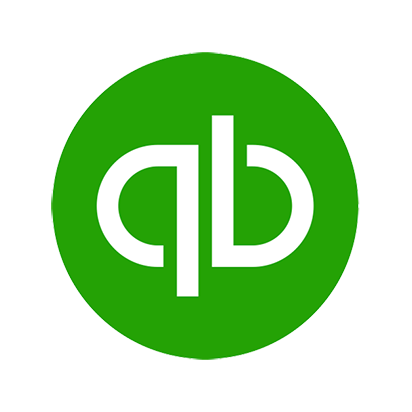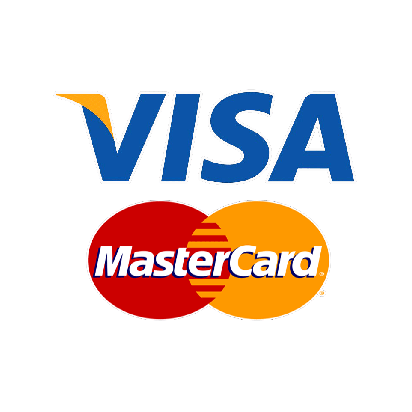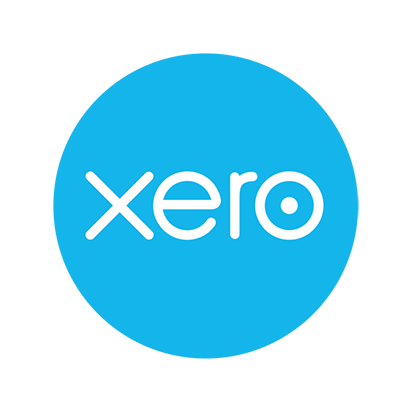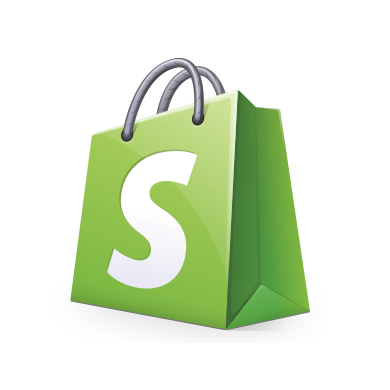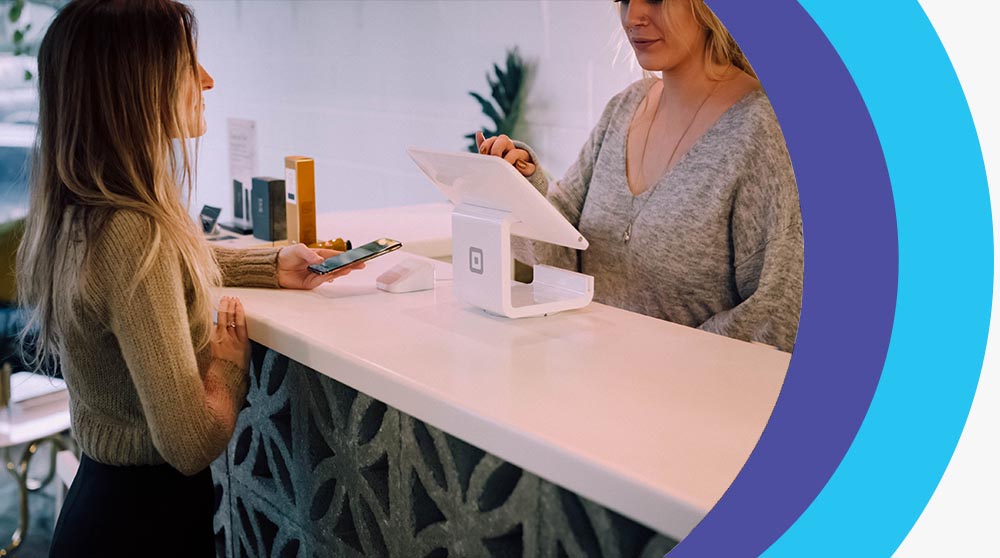
Hospitality POS System Services in NZ
The hospitality POS system serves as a driving force for hospitality businesses. Being an adaptable and multifunctional technology product, it can be an indispensable tool for hospitality business owners and management alike. The hospitality industry in New Zealand is comprised of several related services from the hotel, restaurant and food companies, entertainment, and travel sectors. As these establishments provide for customers’ necessities at any given time, the value of a hospitality POS system is all the more underscored. If you’re eyeing to trim your wide operations and bring exceptional customer service to your visitors, getting the proper hospitality pos system is priority.
Continue to read the article below for a full discussion of hospitality pos systems which should form part of your office machine purchases. Compare POS Quotes NZ is also ready to assist you in the purchasing process through its comparison POS quotes tool. Or Contact Us now to talk directly with any business technology specialists of ours for any questions you have regarding the POS system.
Hospitality POS System For NZ Business Management
Point Of Sale systems come as absolute answers to the hospitality industry’s highly-charged customer service operations that are extensive, fast-paced, demanding, and time-consuming. Delivering an end-to-end customer experience entails the servicing of numerous tasks. The lists includes visitors bookings, front-desk activities, room service, food catering, housekeeping chores, recreational options, and more. While these may sound more than a handful, basic management functions on human resources, warehousing and logistics, accounting, sales and marketing still exist. Handling all these functions can be truly overwhelming and hectic without the use of a POS system management tool.
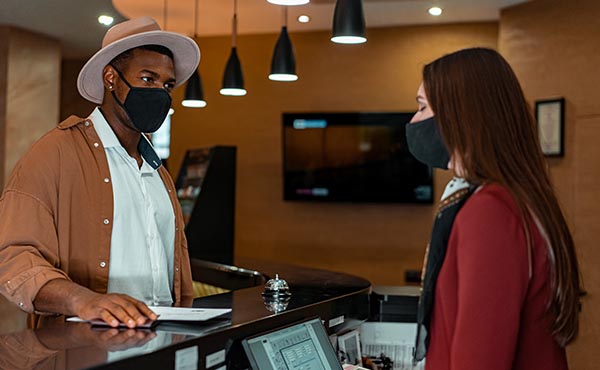
Photo by Mikhail Nilov
Why Hospitality POS System Is Important
A hospitality POS can act as a single platform for operating your hotel’s daily activities. Complete Point Of Sale systems provide several benefits like efficient operations, improved customer service, sounder management decisions, stronger customer loyalty, and hence, increased sales and profit margins.
On a typical day, the hospitality POS system can fulfill various functions. These include collecting information from guests, processing payments, and recording transactions. By integrating with third-party system providers, your POS software can facilitate faster tasks in accounting, marketing, inventory, and others.
Equally notable as well is the POS system’s ability to interface with the Property Management System (PMS) of your hotel. When connected together, your front desk operations are simplified to perform reservations booking, check-ins/check-outs processing, and room assignment placements. Hence, a seamless transaction flow is installed in your front desk section, which basically acts as the business backbone of your hotel.
Your hotel’s other products and services such as the spa, fitness center, and housekeeping can likewise be overseen through Point Of Sale systems. As customers’ information is recorded, the production of receipts is made quickly and checkouts are processed hassle-free.
Opportunities With NZ Hospitality POS Systems
During extraordinary circumstances, the POS system can still be functional for the hospitality industry’s resilient food component. Despite activity closures during the Covid-19 pandemic, opportunities in the food services sector have been identified by business owners. Using POS alongside these opportunities can hasten your company’s recovery period, and thus put you back on track faster.
- Digitalization Of Operations. Contactless transactions prodded food businesses to rethink food serving operations and orders’ process towards the achievement of lower costs business models. Foremost among the strategies has been the adoption of online ordering technology for deliveries, “click and collect” fulfillment option, and menu item changes centering on ready home-cooked meals.
- A New Sense Of Community Spirit. Catering to changes in consumer behavior during the pandemic also meant communicating a new sense of community ties and hospitality. Establishments found that having a daily business presence conveyed messages of support, belongingness, and community. This proved helpful in surviving through the ups and downs of the pandemic.
POS System Features For Hospitality Industry
Concepts in hospitality establishments or venues differ greatly. The list starts usually from stand-alone boutique accommodations and range up to five-star international hotel networks. Whatever you’re in charge of, a POS system which is dependable, flexible, extensive, and scalable as your hospitality business grows is what’s needed for you to run it with efficiency and effectiveness.
While there are industry Point Of Sale systems that are specially produced, hospitality POS systems possess specific features which are designed to suit the nature of the industry’s operations. Determine from below which hospitality POS features align with your business requirements to land the Point Of Sale fit for your organization.
- Self-ordering Provisions. Online ordering for customers shortens the waiting duration and smoothen out the flow of orders’ process particularly during peak periods. Self-ordering facilities include onsite kiosks, iPads, and Android devices.
- Kitchen Ordering Display Systems. Unified order systems can put in place hassle-free operations in the busy kitchen workplace. The touch screen monitor showing various menu choices accepts the customer’s order when keyed in by the operator. Afterwards, the kitchen display system (KDS) receives the order and reflects that it has been recognized and processed.
- Third Party Integrations With Hotel PMS. Centralize your operations through a POS system which also functions as your single business management platform. Integrations with different third-party software such as for staffing, inventory, marketing, accounting, and equally important, for PMS used in front desk services, keep all functionalities in one hub.
- Table Arrangement Planning. A visual plan for table lay-out can put order in guests’ dining assignments and billings. Table management should require your staff being informed on table services for seating arrangements. This is expected to reduce waiting lines and fast-track table turnover.
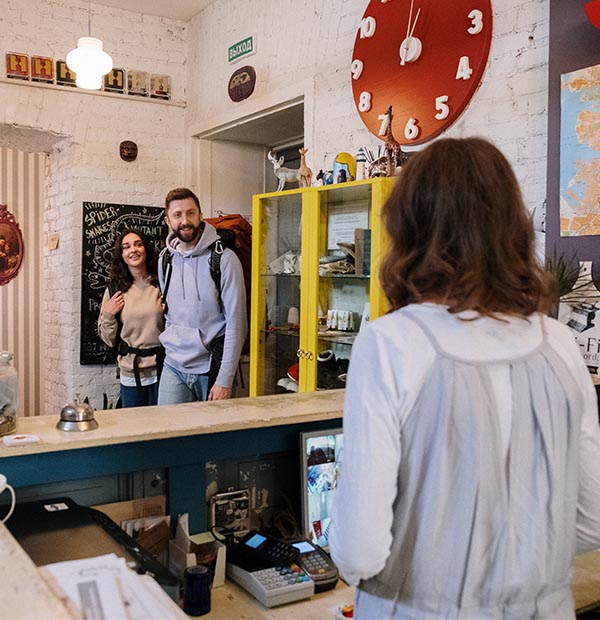
Photo by Kampus Production from Pexels
- Various Payment Modes. Integrations of your POS software with different third party payment processors can offer your guests the widest flexibility when payment time comes. Moreover, this also facilitates faster turnaround of your transactions.
- Customer Relationship Management (CRM) & Loyalty Program Features. A CRM feature and loyalty marketing program work doubly hard for the awarding of rewards, discounts, and exclusive promos to customers included in the contacts database. This can be instrumental for building repeat transactions and customer loyalty.
- Data & Analytics Reports. Available real time data reported in analytical templates that are obtained anytime and anywhere they’re needed truly gives smart business intelligence. Management regards this with high value during crucial and on-the-spot moments for decision-making.
- Inventory Management. Stay on top of stock movements and determine the optimal levels for inventory reorder points. This helps greatly to eliminate out-of-stock occurrences that result to unhappy customers and worst, lost sales.
- Hardware & Peripherals. The POS software should be complemented by your POS hardware and peripheral accessories. Your basic POS hardware can include a cash drawer, card scanner, printer for receipts, and touch screen display.
- 24/7 & Downtime Support. Make sure that your operations can keep running even when the internet is down with an offline support feature. Consider also having 24/7 customer support to assist you on your technical concerns as they arise. With these, having worry-free and dependable transactions aren’t impossible to achieve.
- Employee Management Feature. Be in the know of your workers’ output and make an effective plan to best manage employees’ schedules. This helps promote employee productivity, optimal operations, and full venue capacity for your hospitality business.
- Safety & Security Measures. A POS system’s safety measures can take care of setting control access for critical job functions and securing grounds safety for your venue. Ensuring everyone’s safety in your establishment is best for achieving your peace of mind on every business day.
Hospitality POS System Cost Items
The entire purchasing process for a hospitality POS system is not an easy one. It can be long and detailed since you have to consider several things before deciding on your final Point Of Sale investment.
The first thing that you should determine is the budget cap for the POS investment as this will set your spending capacity limit. Next in the list is finding out which POS system features are essential for your business operations. Spending on unnecessary features and parts will only cost you precious time, effort, and money.
When you settle this, the time comes next for comparing Point Of Sale costs based on the value propositions that they bring. Taking POS costs at plain face value isn’t advisable, but attempt to assess the particular set of features mapped out under each plan or package.
Studying more closely the payment processing fees and contract periods can also help you save some costs or get extra perks from the deal. The typical pricing scheme that most businesses go for is the flat rate with customized add-ons.
Find Your Hospitality POS System in New Zealand
Learn more about hospitality POS systems in NZ to find the best Point Of Sale for your company. Compare POS Quotes NZ is here to assist you in your purchasing process through its comparative POS quotes tool. Or Contact Us to begin the inquiry for your hospitality POS system now!
Powerful Integrations
POS Systems that seamlessly integrate with Industry leading payments, accounting, eCommerce, Marketing pps, Employee scheduling and Loyalty programs +much more.


